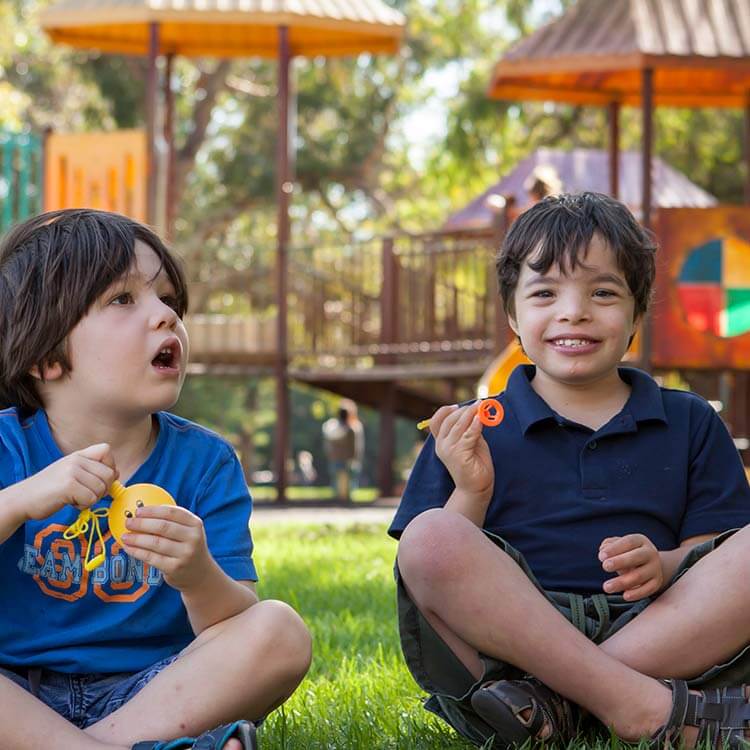Search

Improving the lives of children with a disability and their families sits at the core of our team.

Tourette syndrome is a neurodevelopmental disorder characterised by uncontrollable movements and vocalisations known as tics.
Research
Intellectual disability and other neuropsychiatric outcomes in high-risk children of mothers with schizophrenia, bipolar disorder and unipolar major depressionWe examined risk of intellectual disability and other neuropsychiatric outcomes in children of mothers with and without schizophrenia, bipolar or depression.
Research
Young adults with intellectual disability transitioning from school to post-school: A literature review framed within the ICFThe purpose of this review was to describe literature relating to transition for young people with an intellectual disability and identify knowledge base gaps.
Research
Intellectual disability: Population-based estimates of the proportion attributable to maternal alcohol use disorder during pregnancyThe aim of this study was to examine the association between maternal alcohol use disorder and intellectual disability in children.
Research
Polymorphisms associated with normal memory variation also affect memory impairment in schizophreniaNeurocognitive dysfunction is a core feature of schizophrenia with particularly prominent deficits in verbal episodic memory.
Research
Autism and intellectual disability are differentially related to sociodemographic background at birthWe used population data on Western Australian singletons born from 1984 to 1999 (n = 398,353) to examine the sociodemographic characteristics of children...
Research
Variation over time in medical conditions and health service utilization of children with Down syndromeVariation over time in medical conditions and health service utilization of children with Down syndrome.
Research
Increased longevity and the comorbidities associated with intellectual and developmental disabilityThe contributors, all world experts in their fields, also discuss what we can learn from the presence of co-morbidities.
Research
Overview of health issues in school-aged children with Down SyndromeOverview of Health Issues in School-aged Children with Down Syndrome
